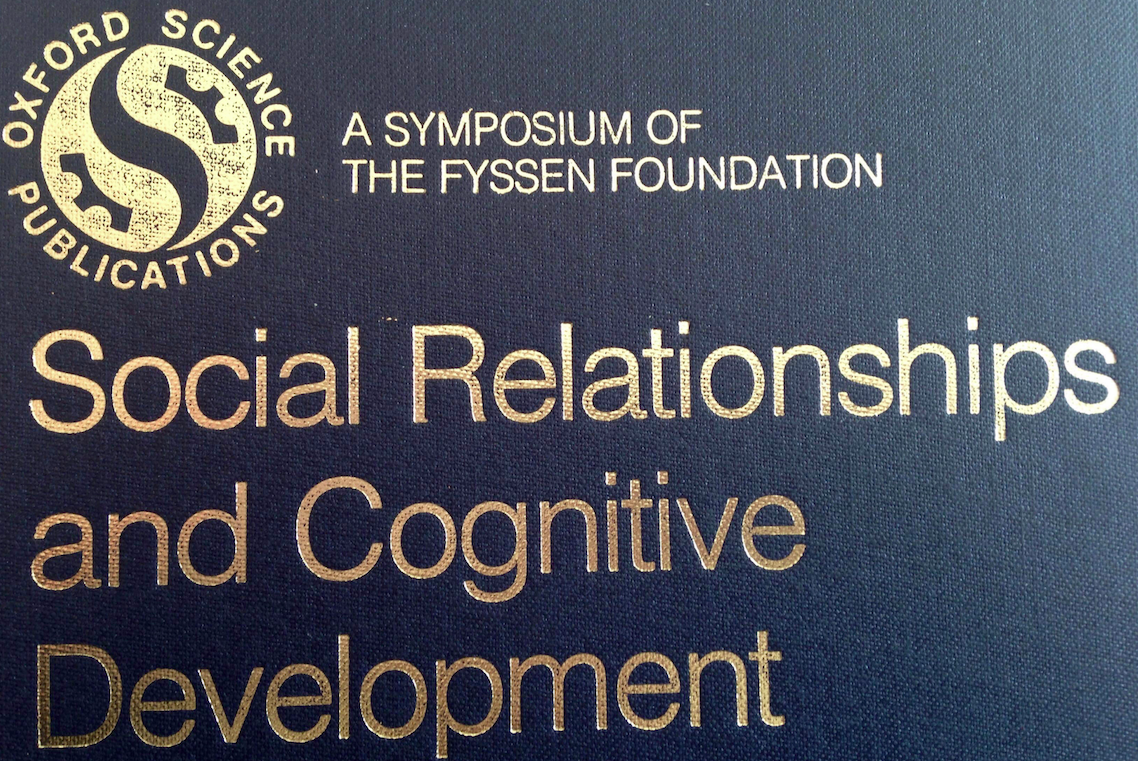
Most children grow up in a nuclear or extended family, interacting first with one or two parents, and then with siblings, with relations, and with friends, networks which constitute the most important part of the child’s environment. This volume considers the interplay between an individual’s social interactions and his cognitive development, tracing the effects on this interplay on children of a variety of ages, and discussing the role of conflict, the neo-Piagetian and Vygotskyan approaches, and therapies to increase social competence. The book demonstrates that cognitive development is closely related to other aspects of the individual, including emotions.


